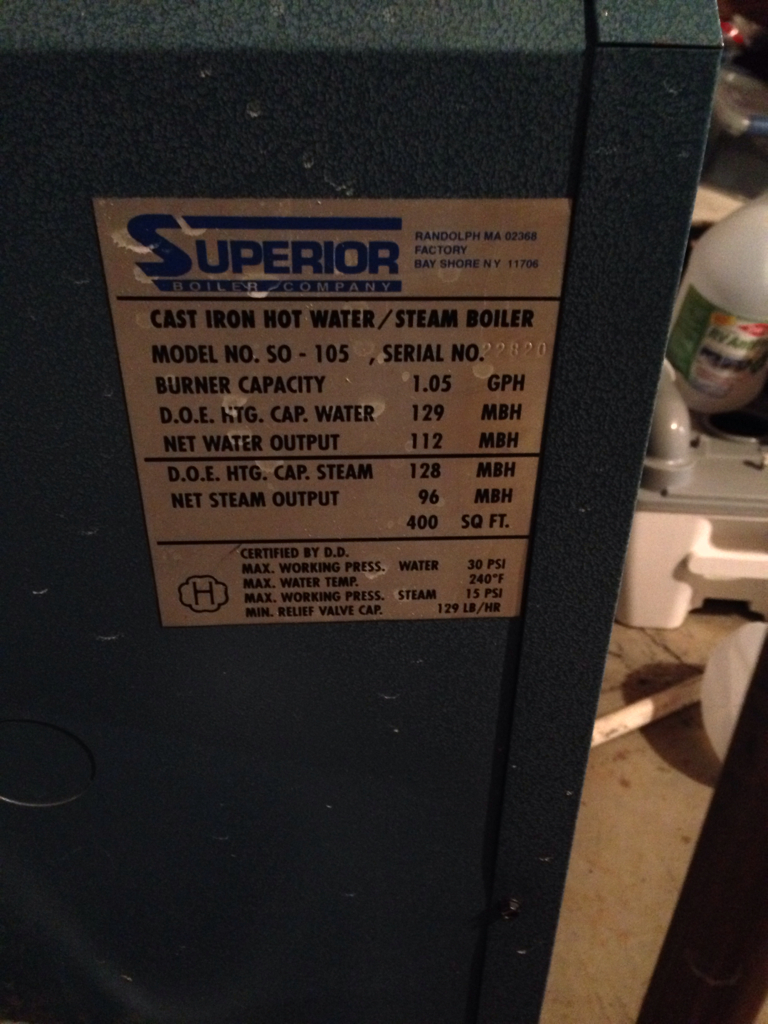Not removing it from the house 
It adds value for when I sell some day, but I want to shut it down almost entirely, and have it usable for if the pellet stove malfunctions or to possibly use during longer stove cleanings.
I've scoured the internet and found mixed opinions. It's a cast iron boiler for hydronic baseboard heating. It does -not- appear to be a "cold-start" boiler.
Some say always keep warm, because gaskets /seals will otherwise fail, and all kinds of other potential issues with ever letting it cool. I've had the house since August 2012 and, at the advice of a friend, we turned off the boiler until it was time to use it in November, and shut it down again this April. For now, still fires up just fine and we have not had it serviced since just before we bought the house last August.
I have an electric water heater for DHW, so assuming my pellet stove will continue to provide adequate warmth, turning my oil burner on would really just be wasting money on standby costs.
I realize I should be able to turn down the aquastats to about 90 / 110, but it still seems that running it would just be a waste of money. I also realize that I need to trace the pipes fully and make sure there is no spot that they could get down to freezing temps (I don't believe there is).
But as far as harm to keeping a cast-iron oil boiler off, I want to believe it's not a huge issue. I would think a lot of people do this (especially during the summer).
Edit: The house is only 10 years old, but the boiler was made by a company about whom I can find absolutely no information:


It adds value for when I sell some day, but I want to shut it down almost entirely, and have it usable for if the pellet stove malfunctions or to possibly use during longer stove cleanings.
I've scoured the internet and found mixed opinions. It's a cast iron boiler for hydronic baseboard heating. It does -not- appear to be a "cold-start" boiler.
Some say always keep warm, because gaskets /seals will otherwise fail, and all kinds of other potential issues with ever letting it cool. I've had the house since August 2012 and, at the advice of a friend, we turned off the boiler until it was time to use it in November, and shut it down again this April. For now, still fires up just fine and we have not had it serviced since just before we bought the house last August.
I have an electric water heater for DHW, so assuming my pellet stove will continue to provide adequate warmth, turning my oil burner on would really just be wasting money on standby costs.
I realize I should be able to turn down the aquastats to about 90 / 110, but it still seems that running it would just be a waste of money. I also realize that I need to trace the pipes fully and make sure there is no spot that they could get down to freezing temps (I don't believe there is).
But as far as harm to keeping a cast-iron oil boiler off, I want to believe it's not a huge issue. I would think a lot of people do this (especially during the summer).
Edit: The house is only 10 years old, but the boiler was made by a company about whom I can find absolutely no information:




 ! Thanks for the input
! Thanks for the input